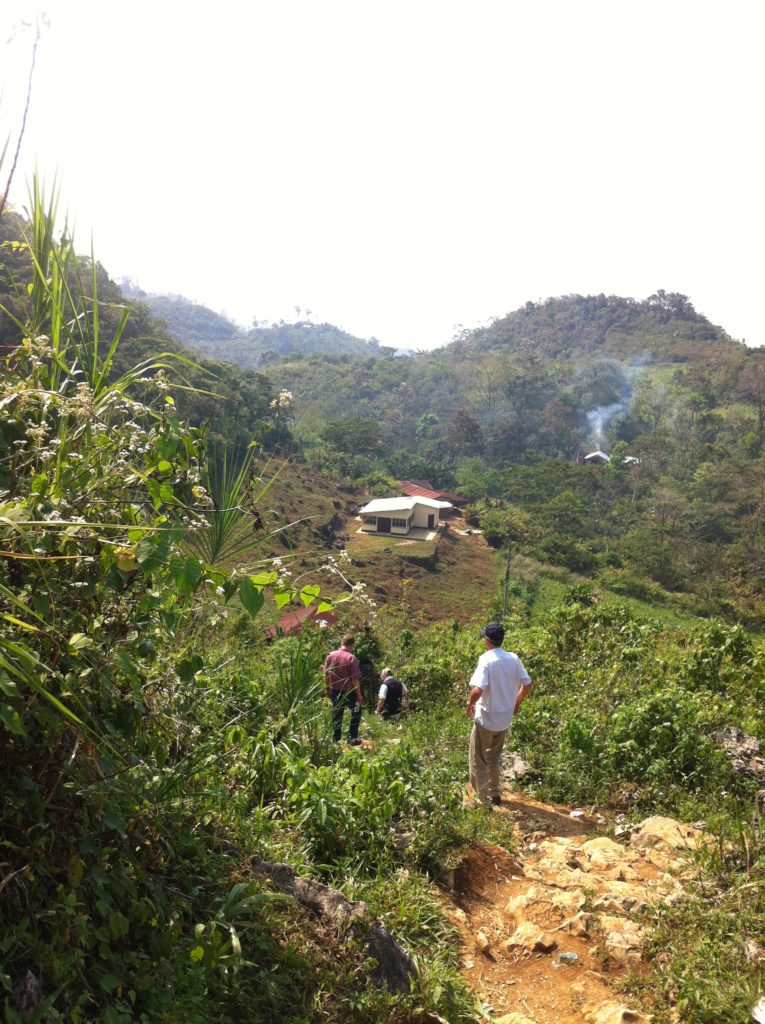December 22nd, 2013 | By Eric Peterson
Malaria Pilot Study with the Global Fund
The Global Fund to Fight AIDS, Tuberculosis and Malaria is the world's largest funder of health programs to fight those three infectious diseases. As of 2012 the Global Fund had provided USD 22.9 billion in support of more than 1,000 programs in 151 countries including Guatemala.
Guatemala has the second highest number of malaria cases in Central America after Honduras. A program currently supported by the Global Fund aims to reduce morbidity due to malaria in Guatemala and eliminate malaria transmission in health areas with the highest incidence of the disease. Funded activities include the distribution of insecticide-treated bed nets; training lab specialists in malaria diagnosis, monitoring drug resistance, and providing prompt and effective malaria treatment. The current project also aims to involve community leaders and the general population in the prevention and selective control of malaria and seek to develop capacity and involvement of volunteer community groups, which will be useful in reducing malaria transmission. Funds are channeled through the Guatemalan Ministry of Health (MSPAS).
In 2011 the MSPAS Malaria Program contacted TulaSalud and proposed that a joint pilot program be run in Alta Verapaz. The pilot project was eventually launched in last quarter of 2012 using TulaSalud’s Kawok mobile phone application suite. The primary goal of the pilot was to speed up the test-diagnosis-treatment loop for patients showing symptoms of malaria. Prior to the pilot, delays on the order of months between test and treatment were typical.
In the pilot study Kawok provides the means to keep all players in contact with one another. This means that the process can be much more responsive when possible malaria case is identified. The confirming blood tests get done more quickly, and any necessary treatment proceeds.
- Each blood test conducted by a community volunteer triggers via Kawok a request for pickup to be sent to the regional lab. (Previously the blood tests were batched up for monthly pickup.)
- The resulting lab report is immediately conveyed by Kawok back to the community volunteer so that treatment can begin.
Approximately 100 community volunteers and three local labs are involved in the pilot study. Eighteen cases of malaria were confirmed in a typical month of the pilot. Over 200 suspected cases of malaria have been logged in all.
Representatives of the Global Fund visited Alta Verapaz in October 2013. They went out to the field with MSPAS and TulaSalud staff, and observed the Kawok application in the hands of community volunteers and laboratory technicians.
We now await a decision from MSPAS and the Global Fund regarding possible extension of the use of Kawok for malaria detection and treatment to the rest of Alta Verapaz and possibly to other departments.
